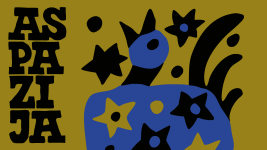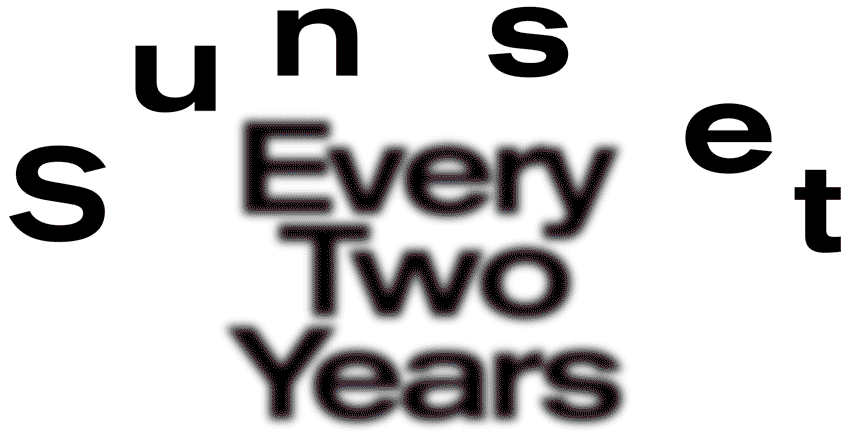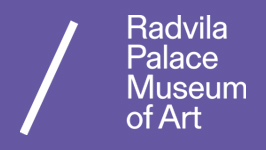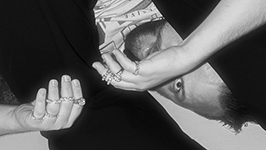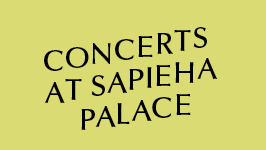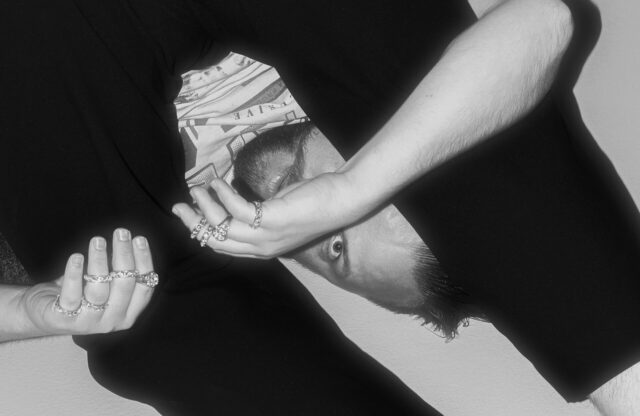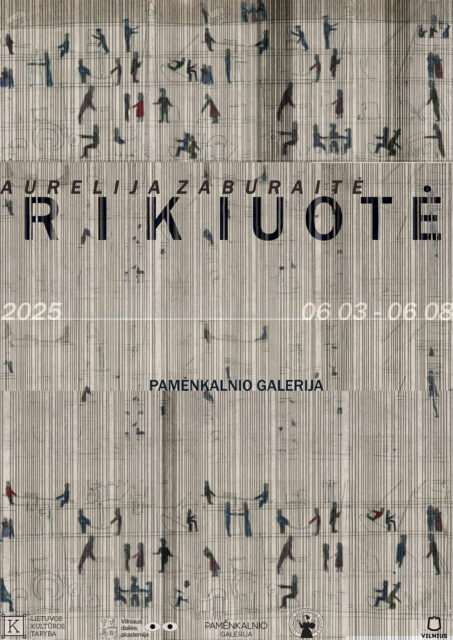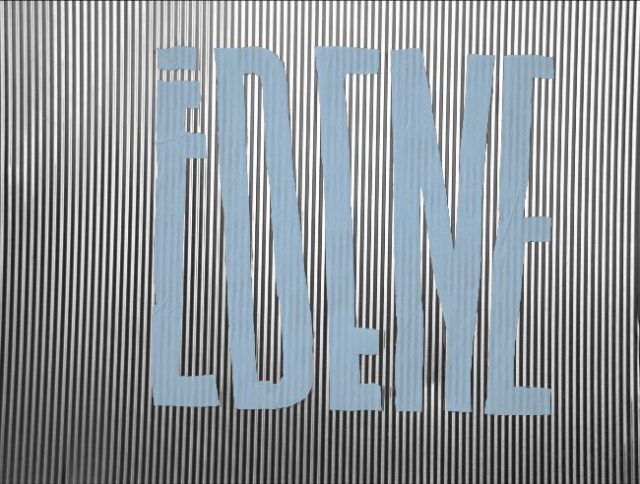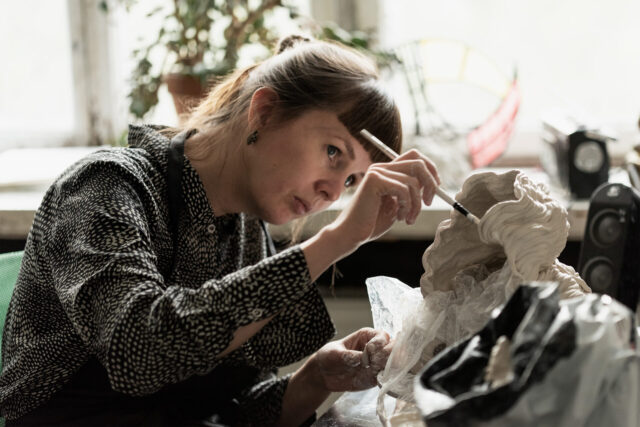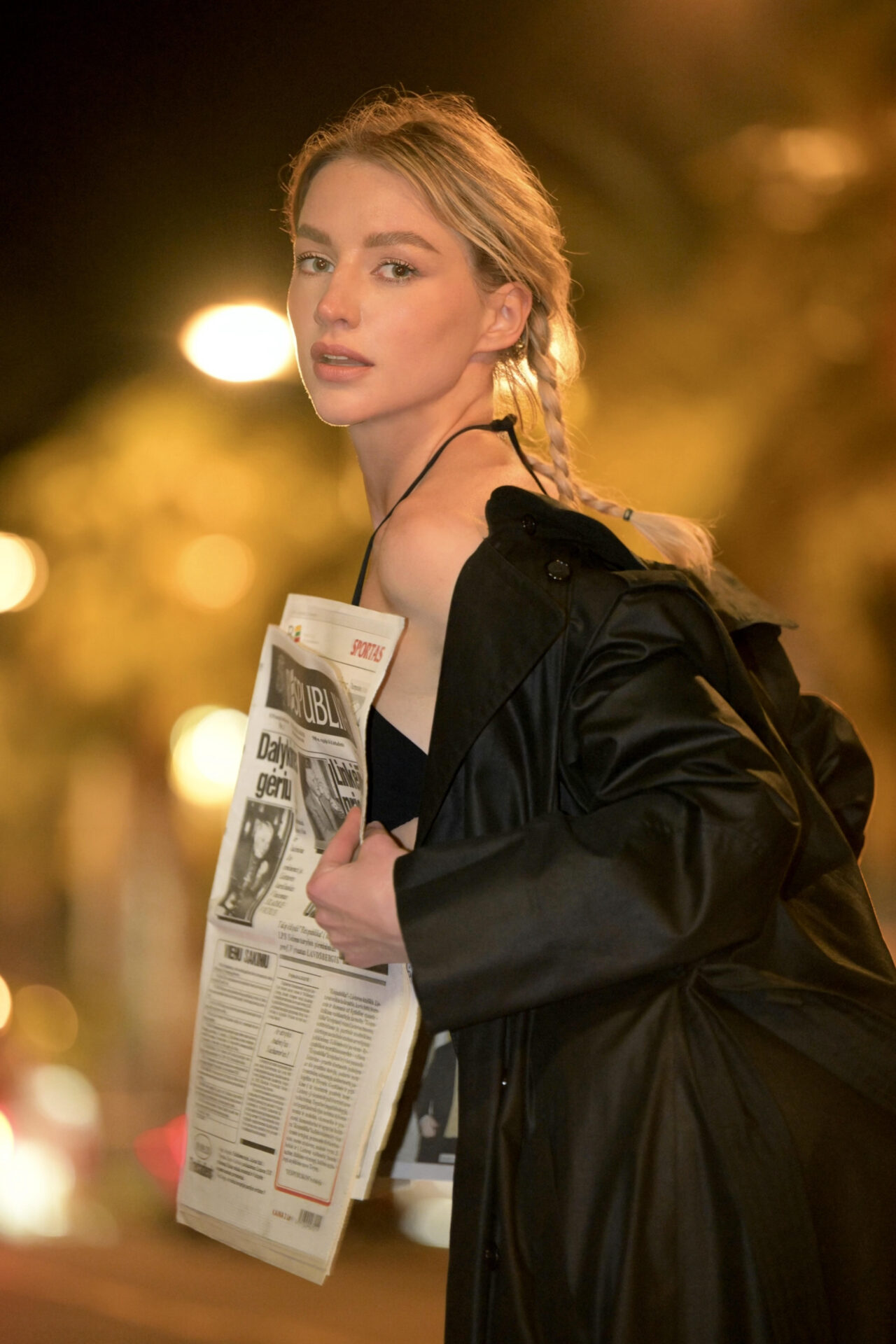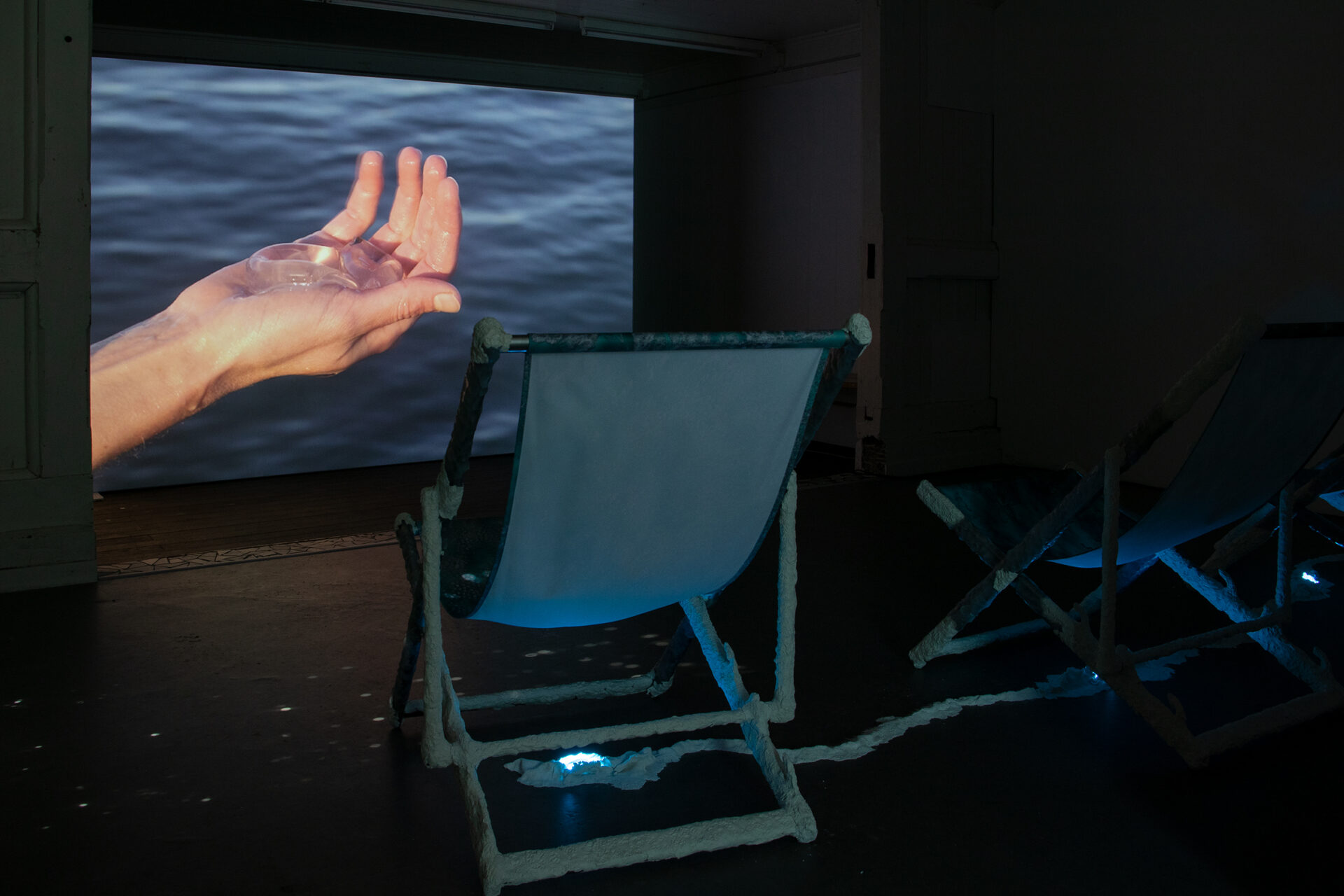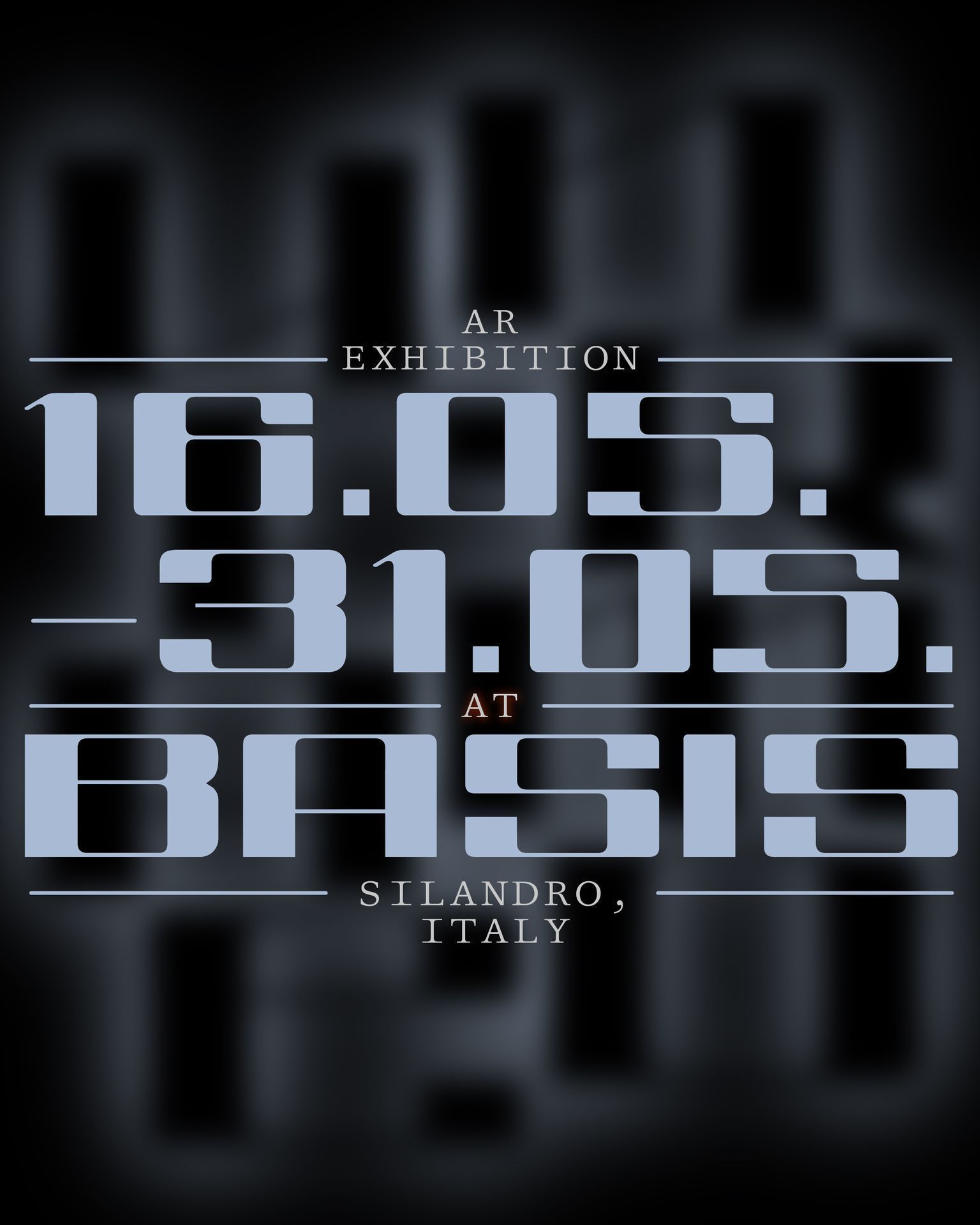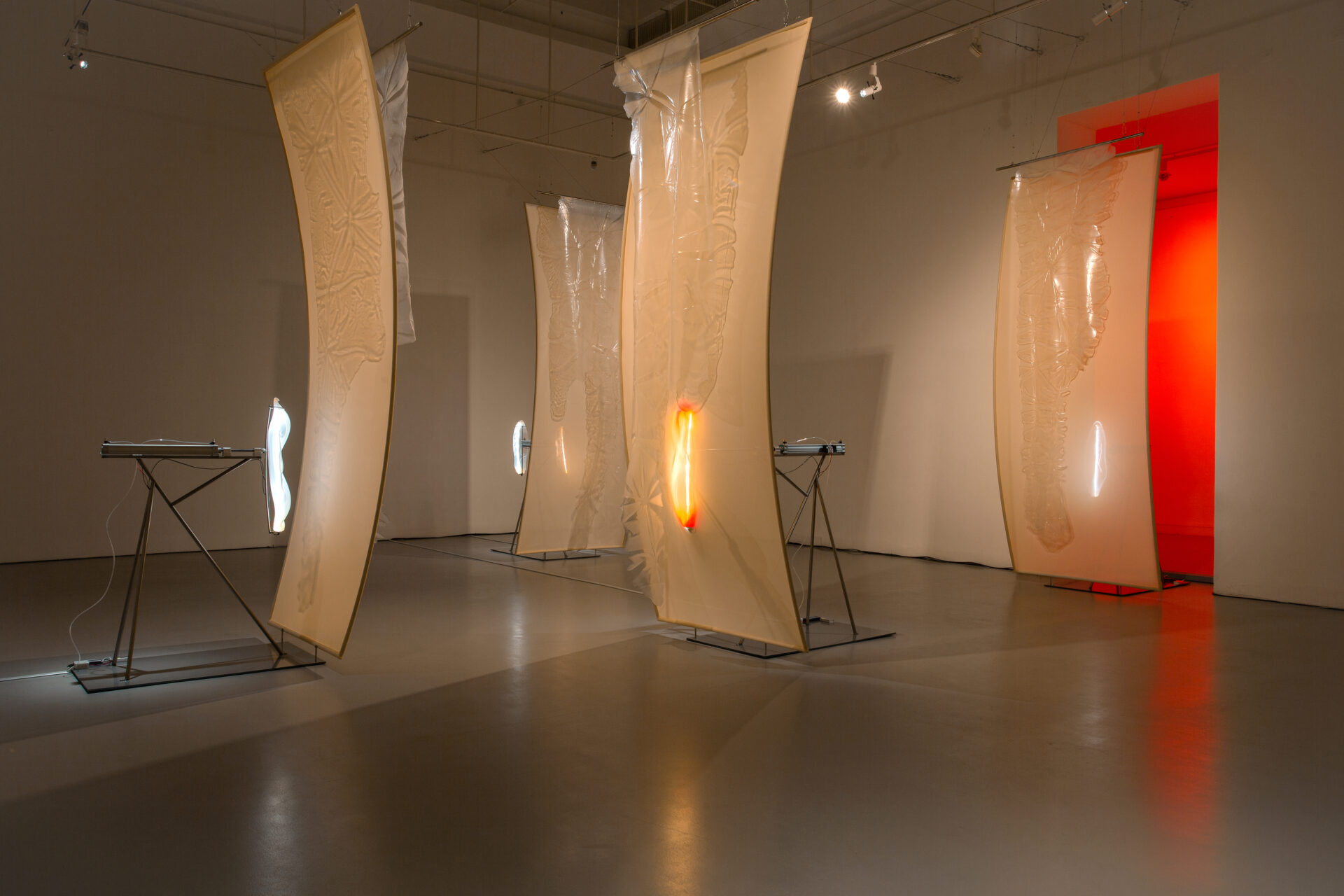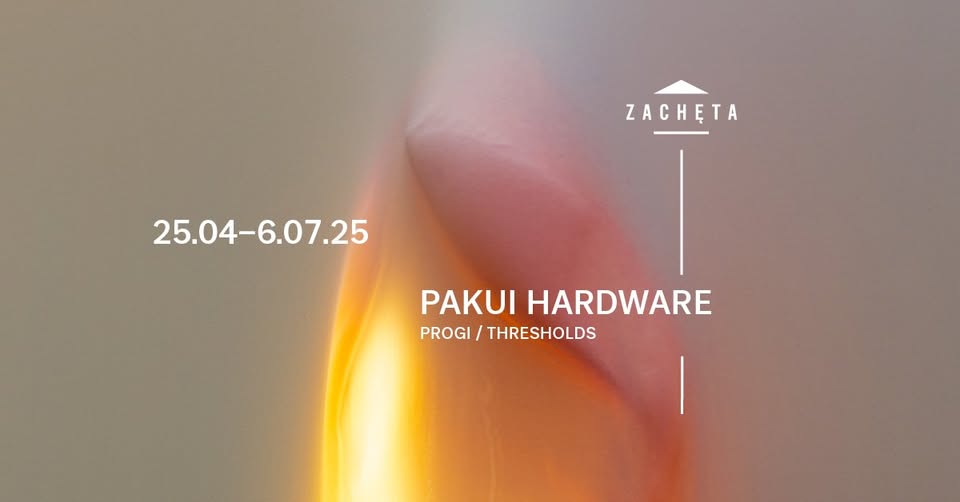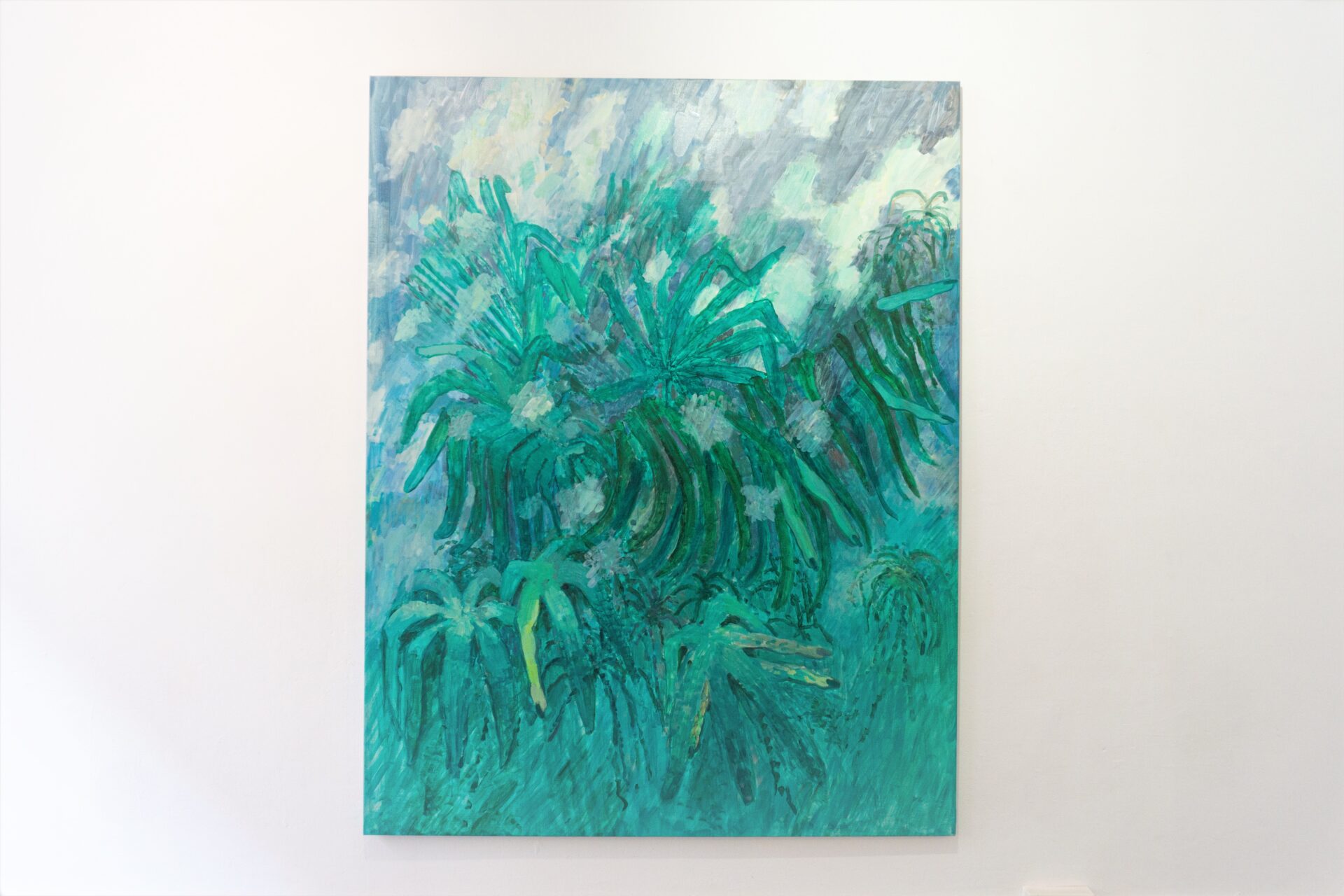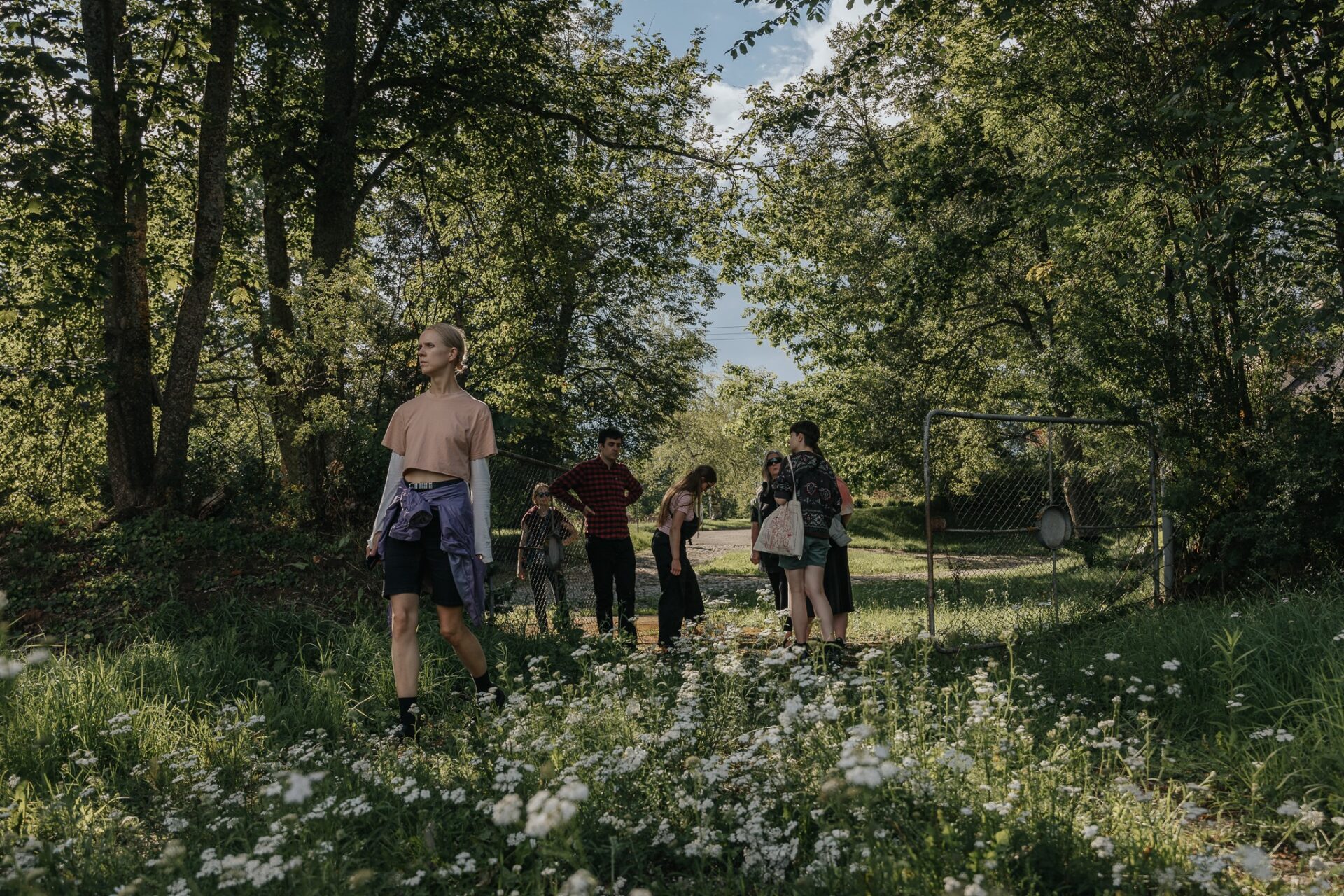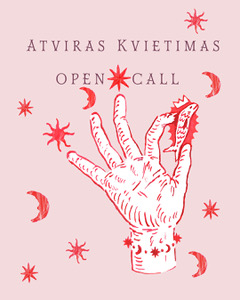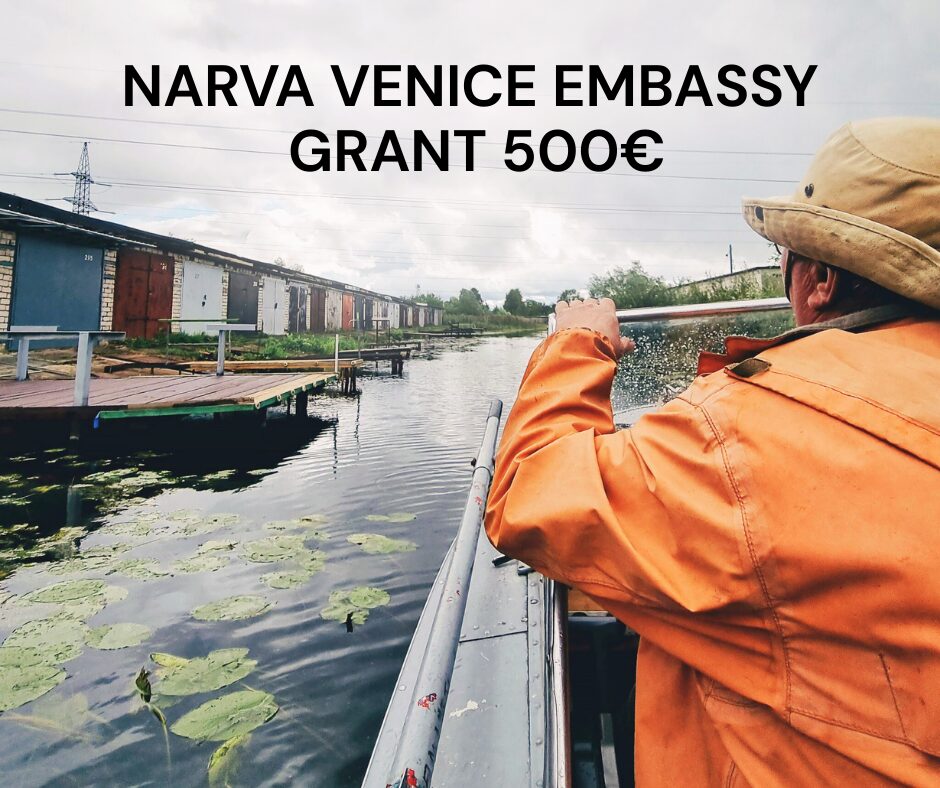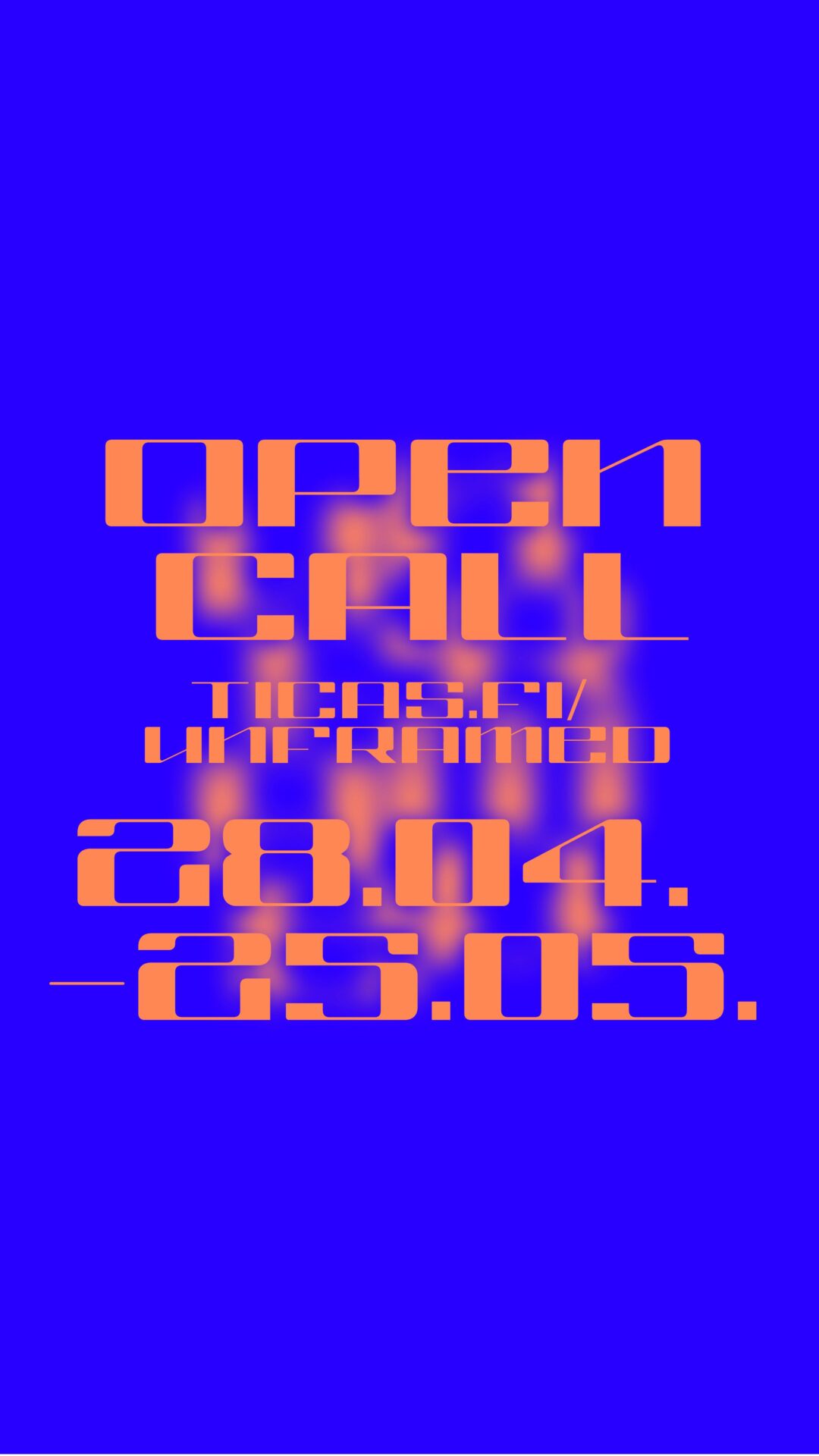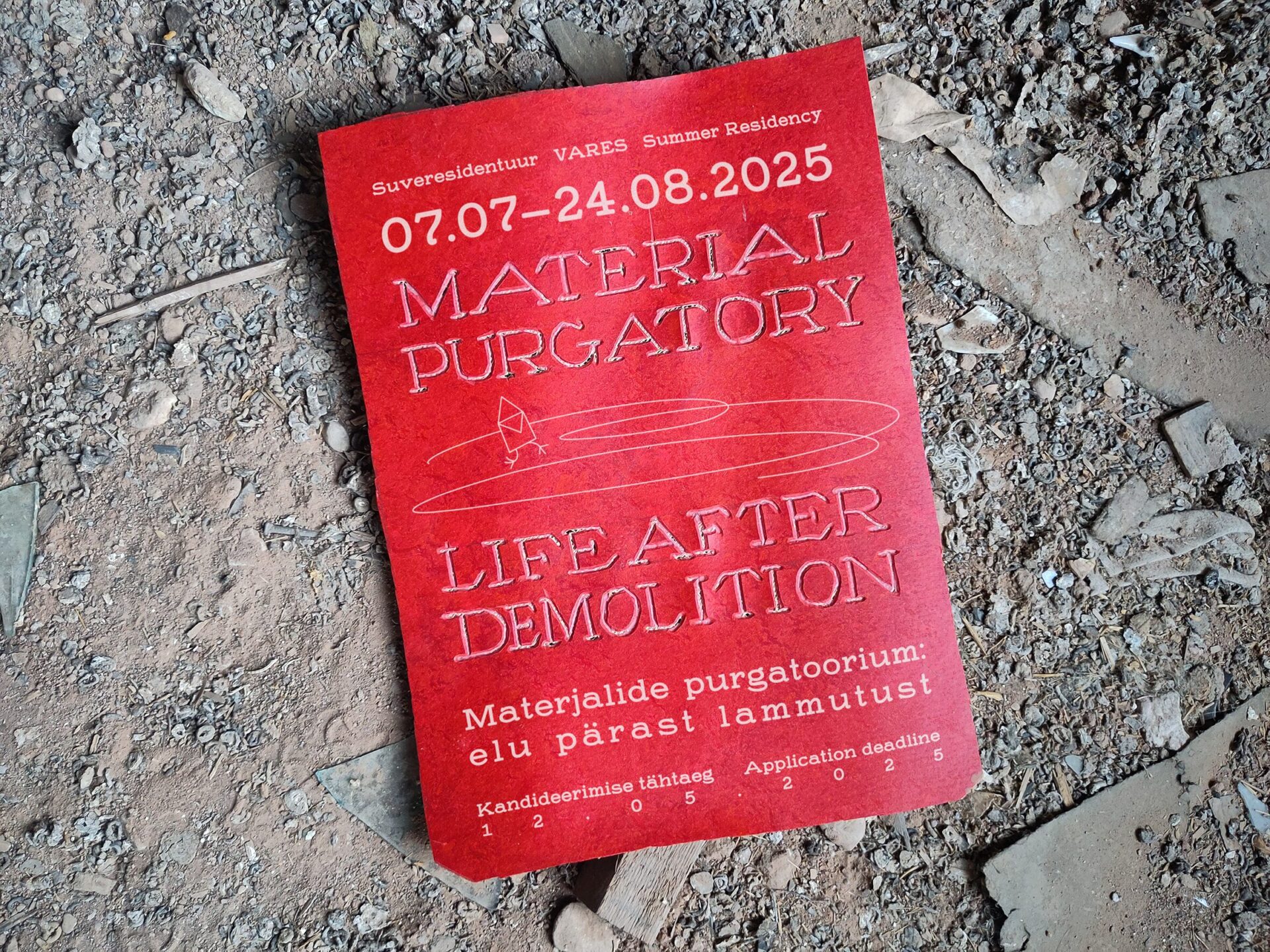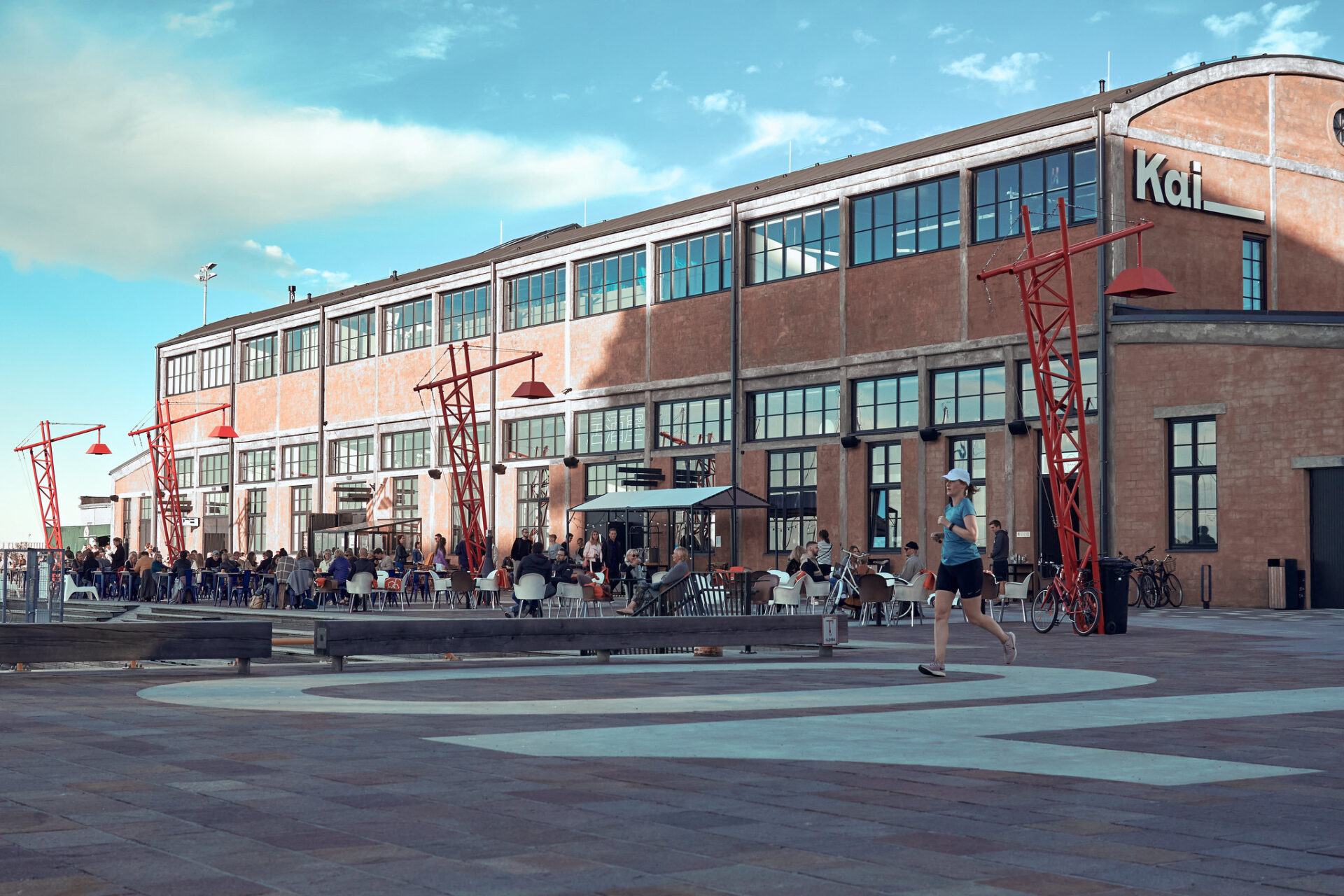Interacting with the world today involves an implicit agreement to be analysed, and not only by surveillance cameras, self-tracking mobile devices, and browser cookies, but increasingly by algorithms created to monitor and predict a trajectory of our behaviour. Our gaze is captured and orientated by suggestions, filters and recommendations, tracked through computing engines, ensuring that we cannot conceive self without a real time projection. Can a mediated self avoid being translated into commercial profile? Now when people learn about their own bodies through algorithmic processes, can we be sure that machines and corporations in control won’t reduce the life itself into a currency?
These are only some of the questions that were approached by the transmediale festival, which took place in Haus der Kulturen der Welt in Berlin, from January 28 to February 1. With the title CAPTURE ALL transmediale 2015 gave a deeper insight into the mass surveillance society, and emerging topics such as quantification, ubiquitous networking and algorithmic control. In the logic of “capture all” life is increasingly driven by endless predictive force and individuals are coordinated by algorithmic similarities based on their traceable activities. Value can now possibly be extracted from everything, and productivity measurement can be applied to all aspects of life.
It is clear that the development of monitoring technologies also changed the ways we form a conception of ourselves. When we start to measure the self in terms of network density, it begins to make sense to accept algorithmic personalisation, which reports where we fit in wider spectrum. Identities now emerge through networks and are dictated to us by the infrastructures we inhabit, and our bodies have become overlaid with data and information, interfaces and devices that pattern and connect them up to wider networks. Artists featured in the main festival exhibition looked closer to data-led and algorithmically mediated understandings of the body as well as relationships between the user and the algorithm, the individual and the constantly evolving apparatus.
Jennifer Lyn Morone has turned herself into corporation that derives value from three sources such as accumulation, categorisation and evaluation of data generated as a result of Jennifer Lyn Morone’s life. Operating under the extreme form of capitalism she offers her past experiences and present capabilities as biological, physical and mental services. Filmmaker Timo Arnall presented a multi-screen film about the invisible infrastructures exploring some of the machines through which ‘the cloud’ is transmitted and transformed. With an interest if it’s still possible to game the system, bioartist Heather Dewey-Hagborg has created the first ever tactical kit as a protection against emerging threats to biological privacy. Jonas Lund reimagined the whole exhibition by using a custom algorithm to analyse a wide range of artworks and texts from transmediale’s past and generated “how to” set of instructions to stage a successful transmediale exhibition. The works were not realised for the show, but were explained and described through an audio tour available at the location.
Parallel to the main exhibition, students form the Weißensee Academy of Art presented their artistic response to the recent issues on surveillance systems. Coordinated by Hannes Brunner, Mindaugas Gapševičius and Felix Groll students developed a social sculpture in the cafe stage of HKW and focused on fragility of digital communication as well as how easily our personal data can be accessed. Artistic responses and critical thoughts not only examined how to resist the “full take” of mass surveillance, but rather proposed speculative scenarios of acceleration in order to create new forms of living under the ‘capture all’ logic.
Artists: Timo Arnall, Art is Open Source [AOS]: Salvatore Iaconesi + Oriana Persico, Zach Blas, Heather Dewey-Hagborg, Eastwood – Real Time Strategy Group, LaTurbo Avedon, Jonas Lund, Jennifer Lyn Morone, Tobias Revell, Sebastian Schmieg, Silvio Lorusso, Erica Scourti
Curated by Daphne Dragona and Robert Sakrowski
Installation views at Haus der Kulturen der Welt, Berlin, 2015
Watched Over By Algorithms: transmediale 2015
Student exposition at cafe stage at HKW coordinated by Hannes Brunner, Mindaugas Gapševičius, Felix Groll
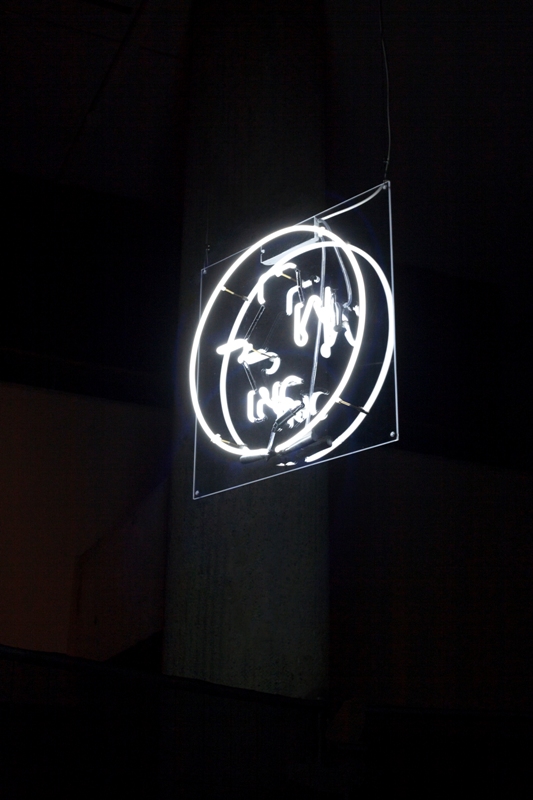
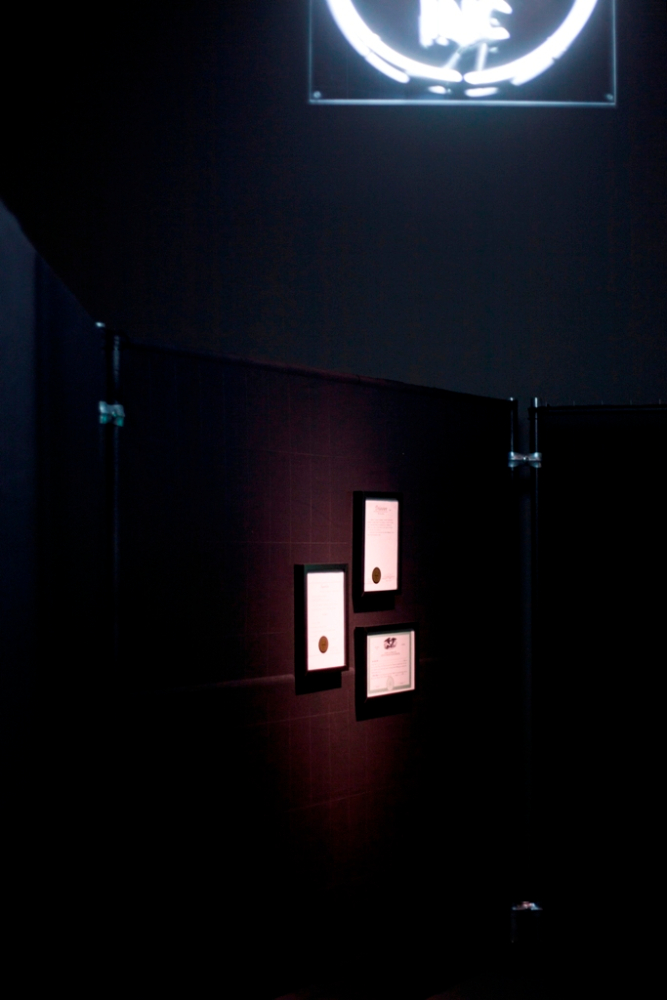
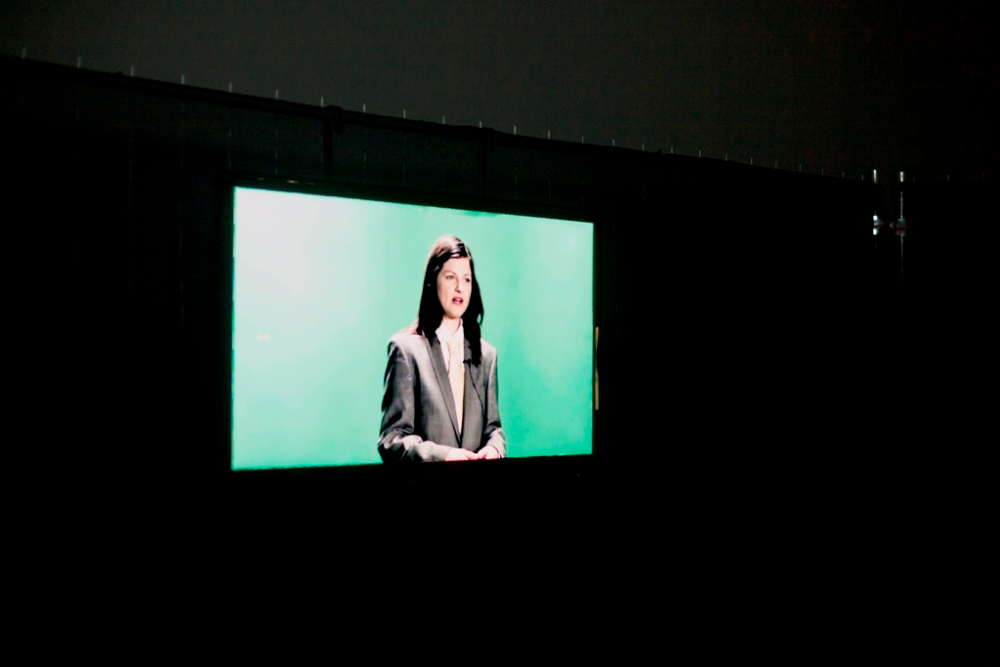
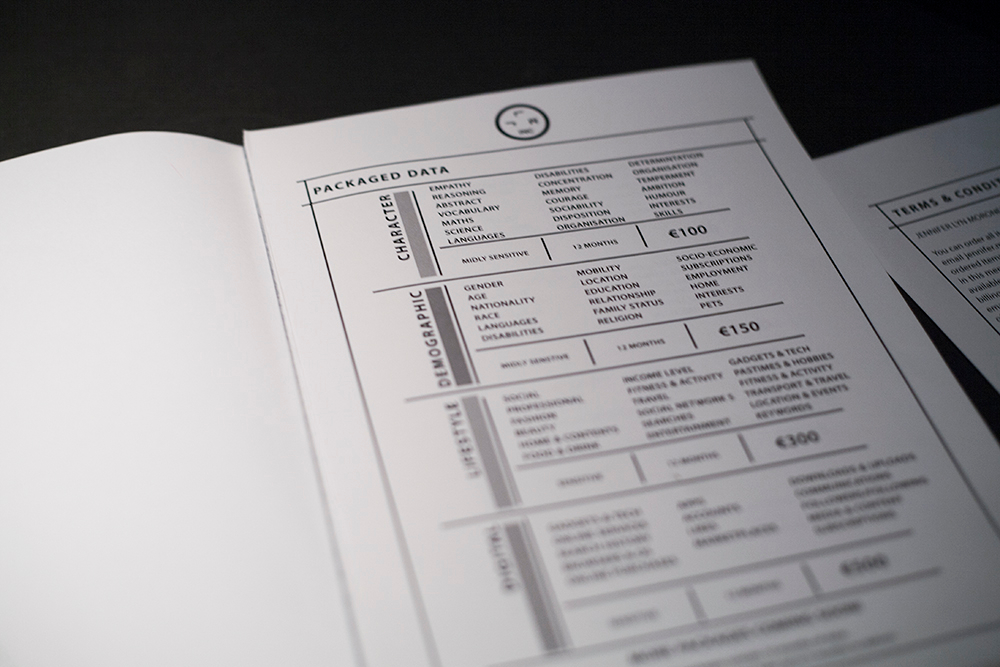
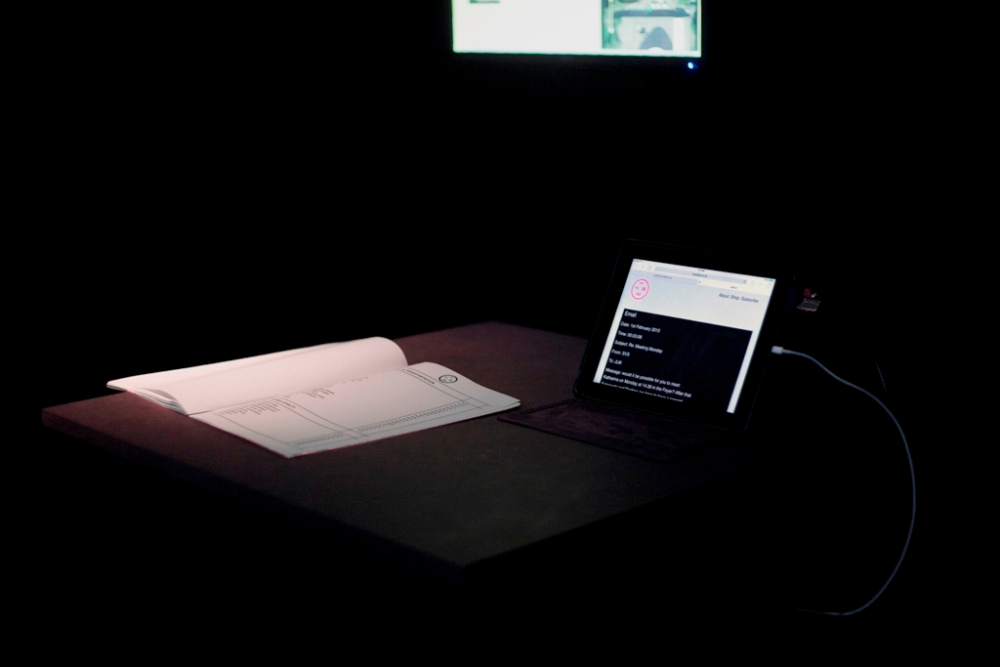
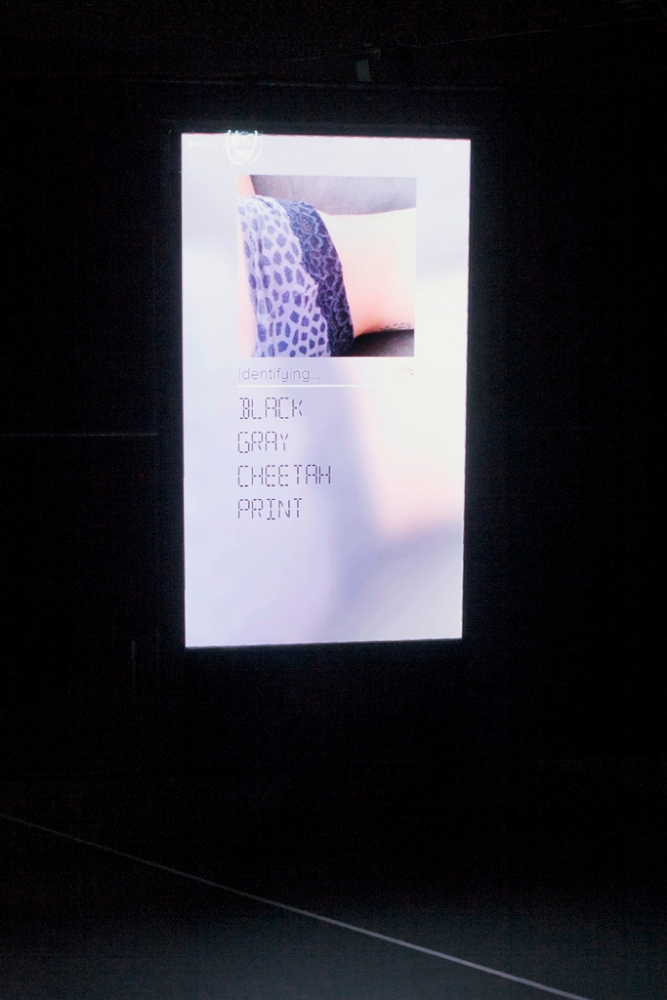
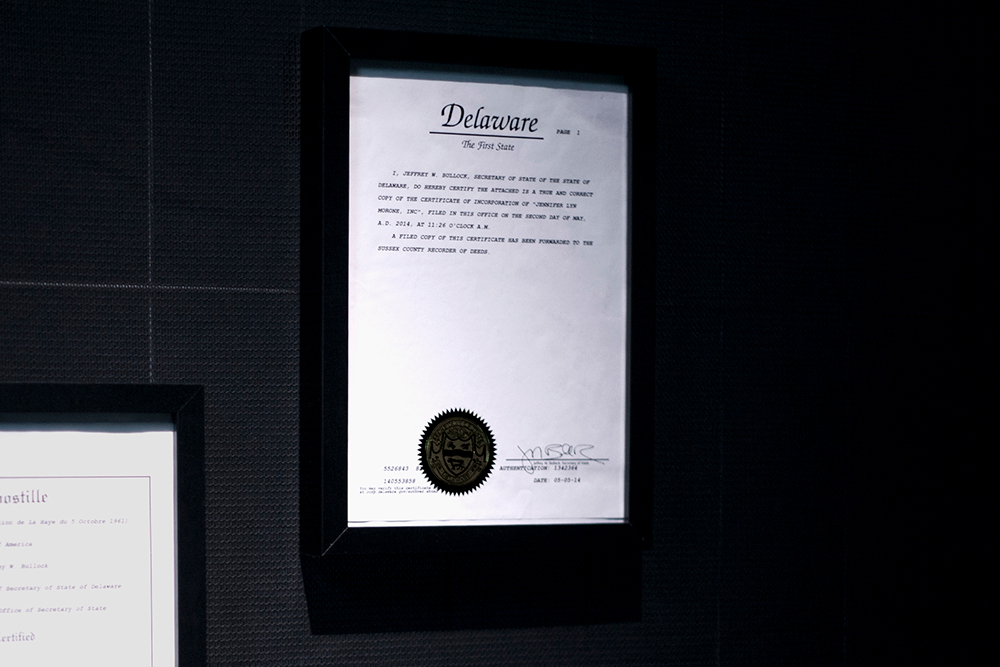
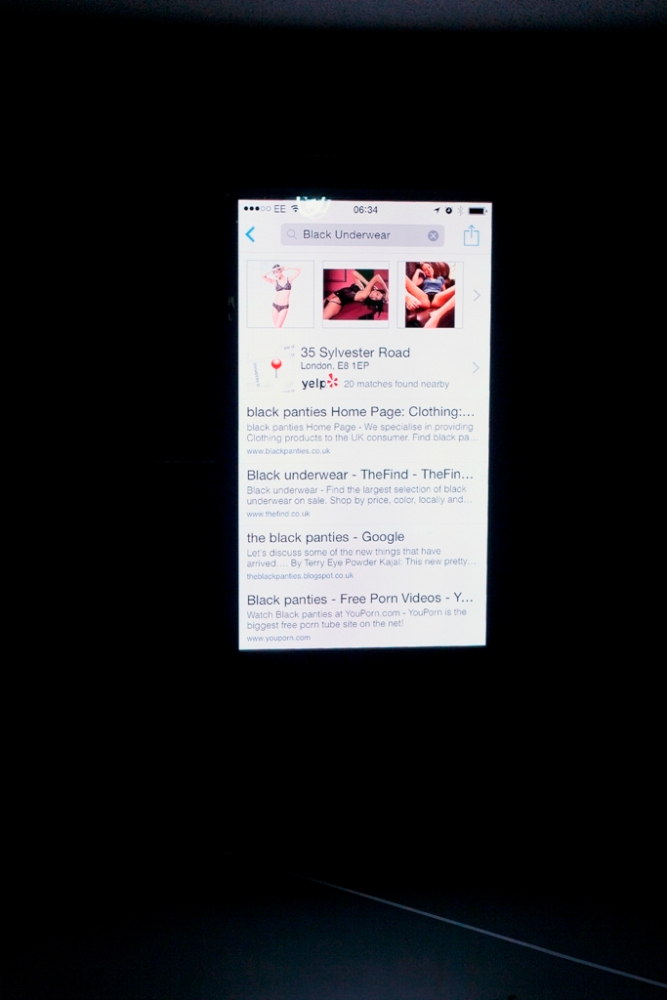

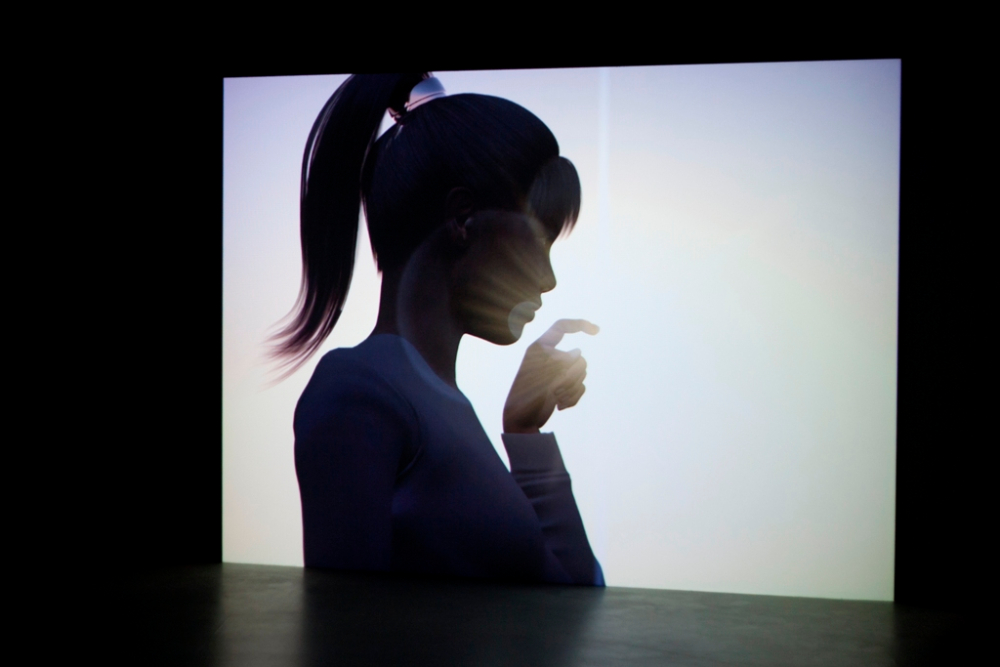
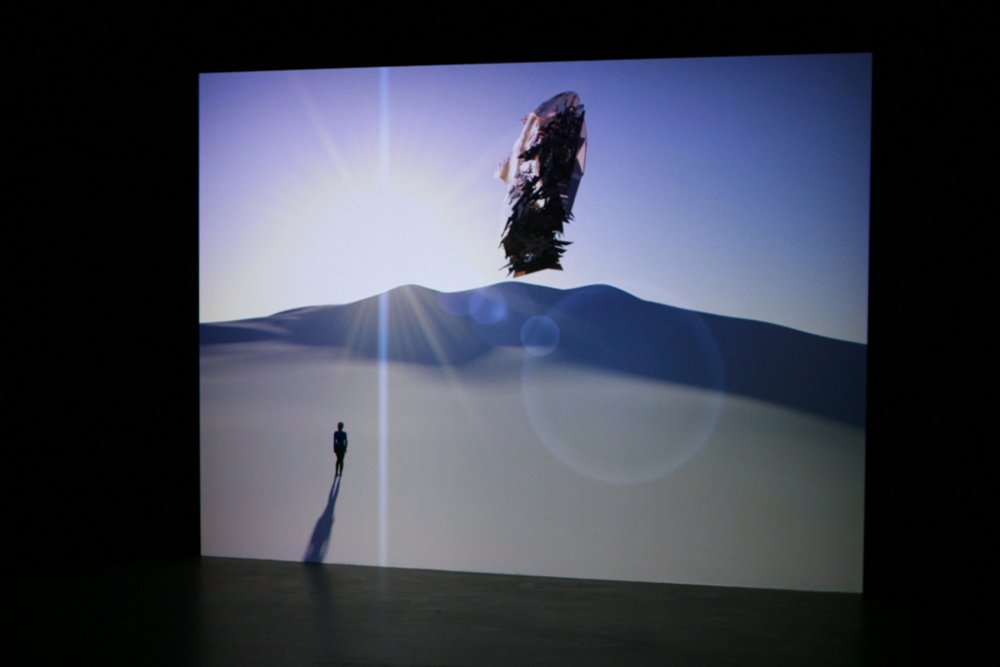
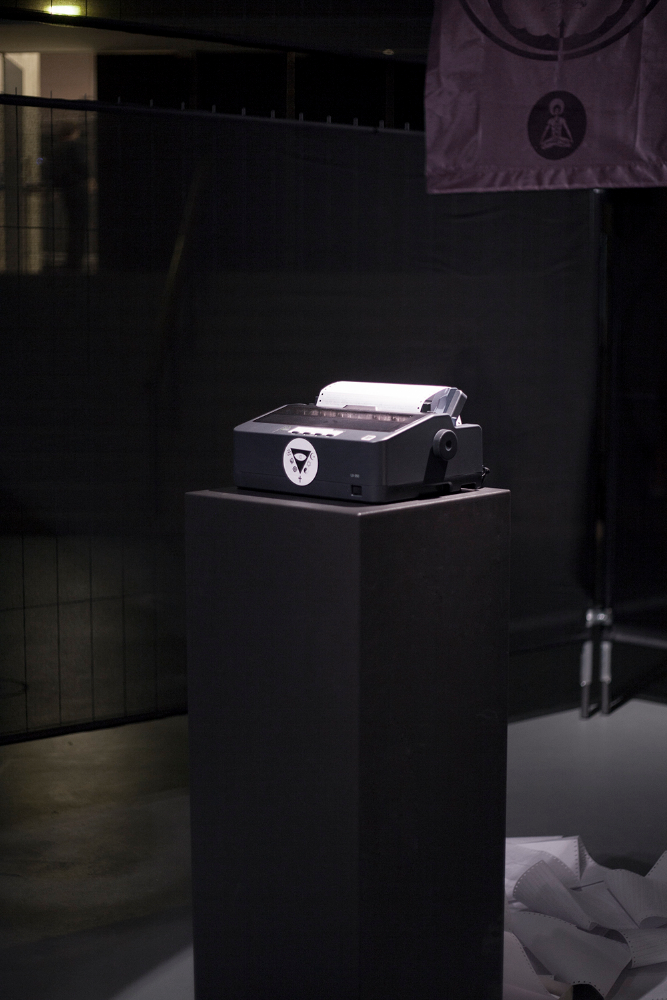
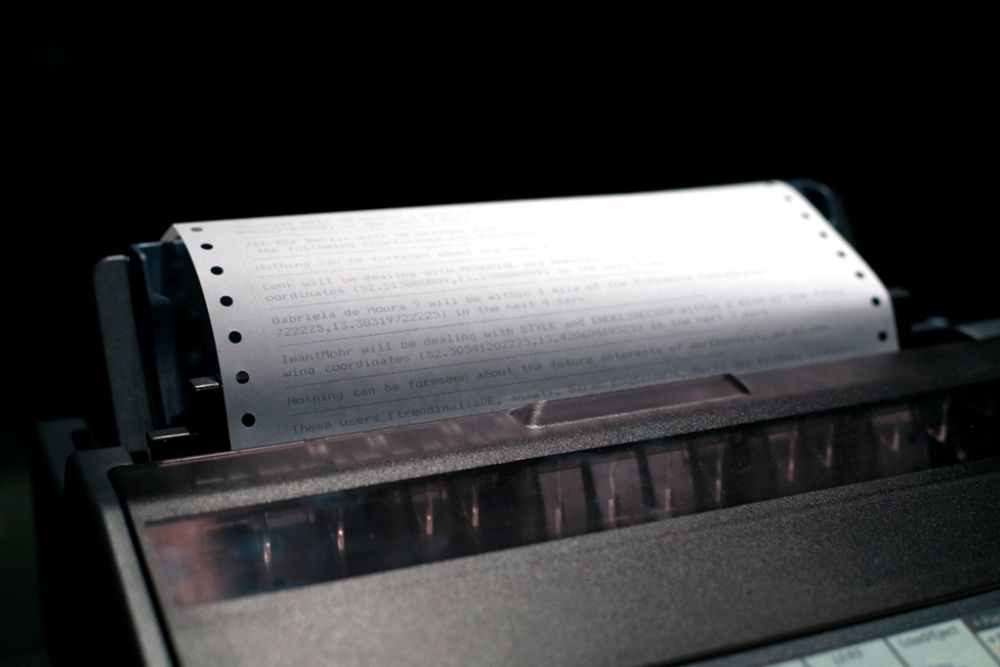
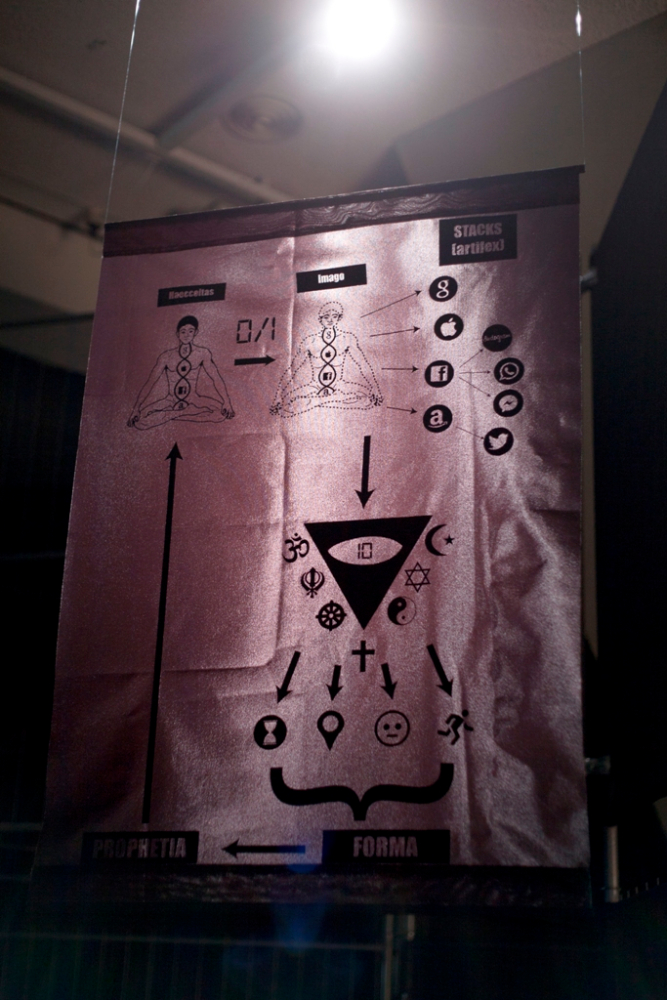
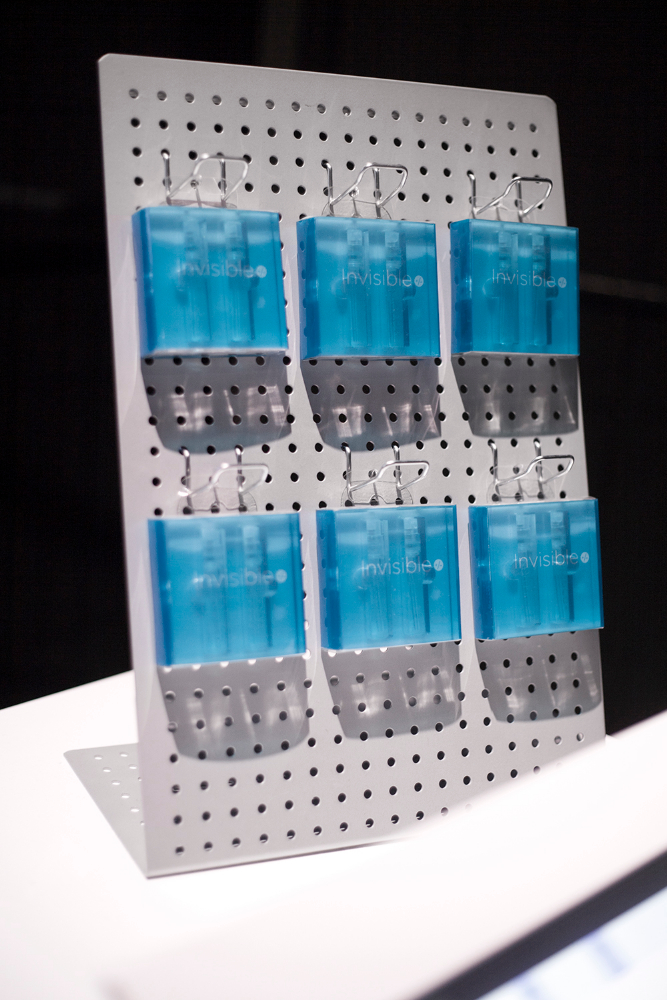
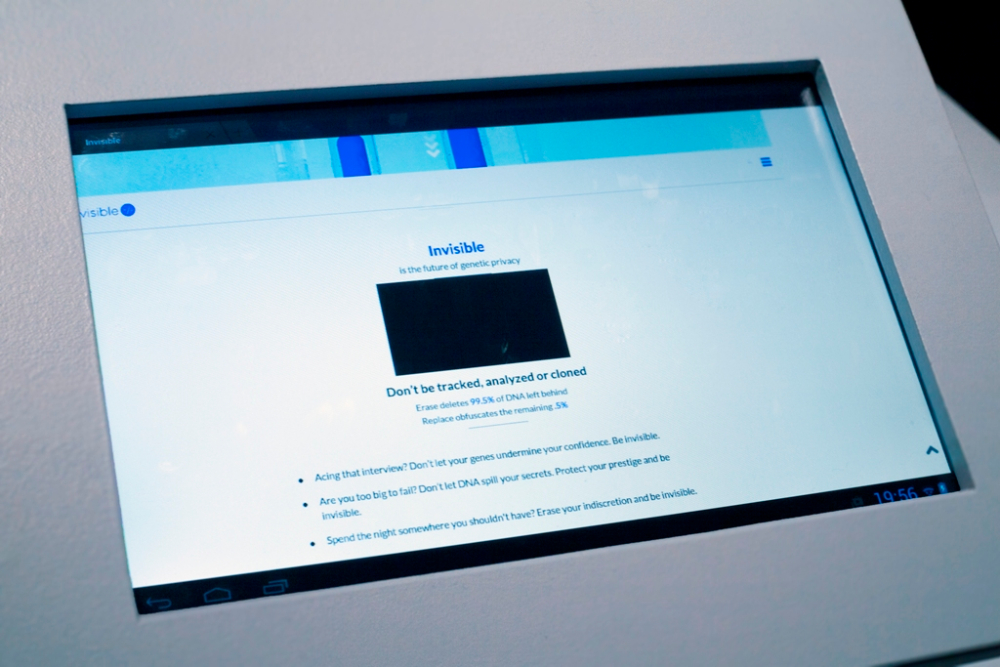
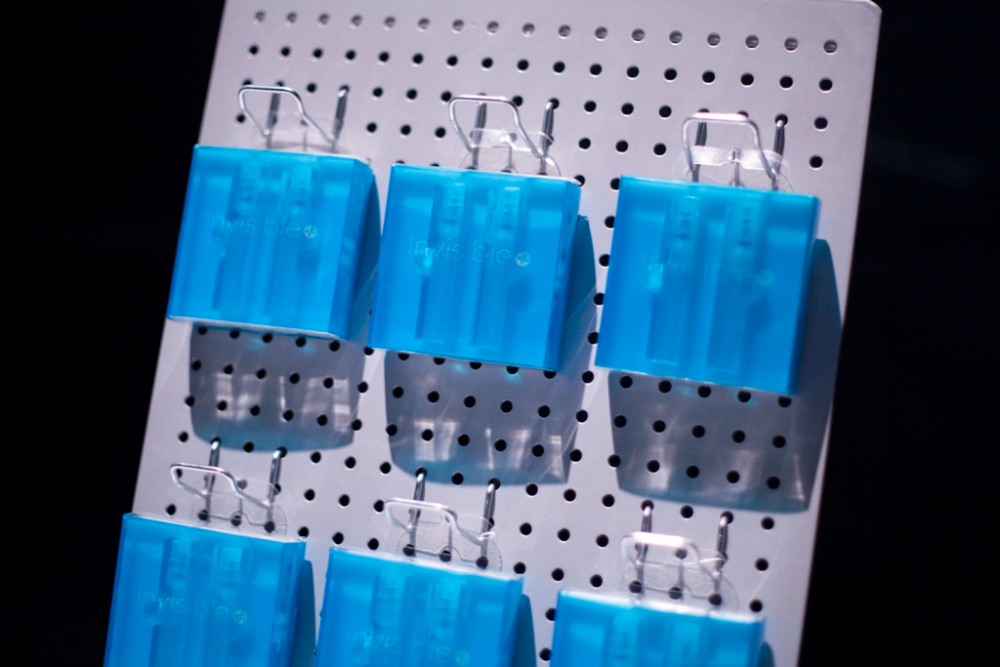
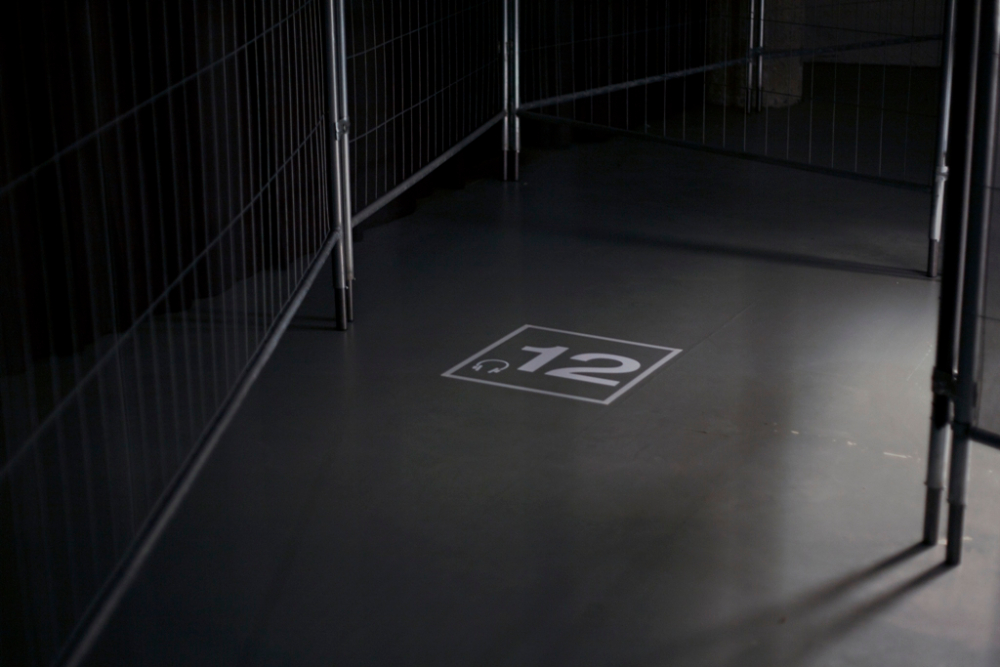


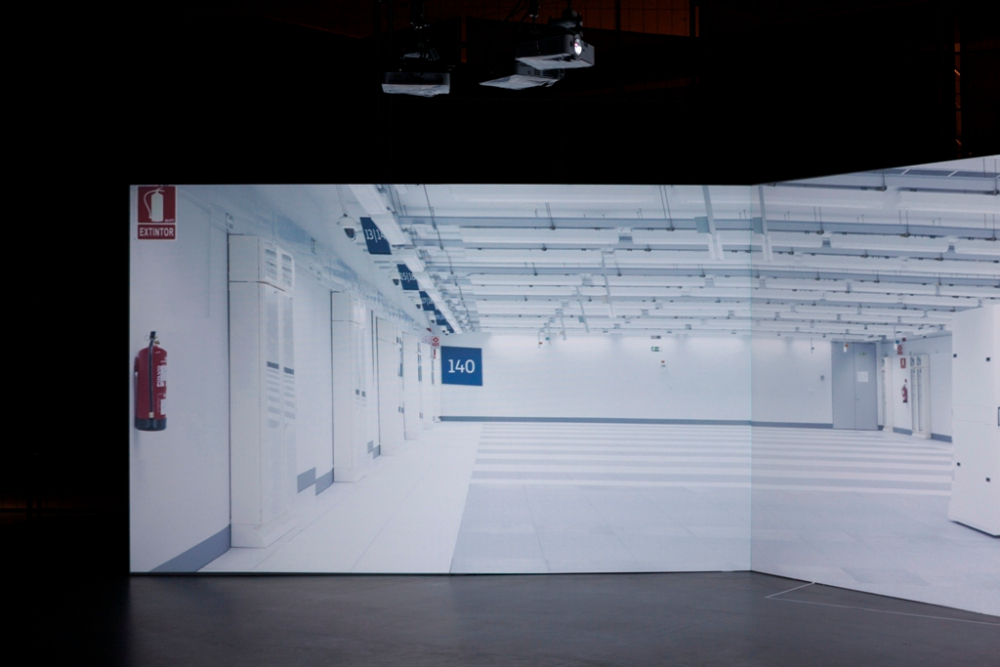
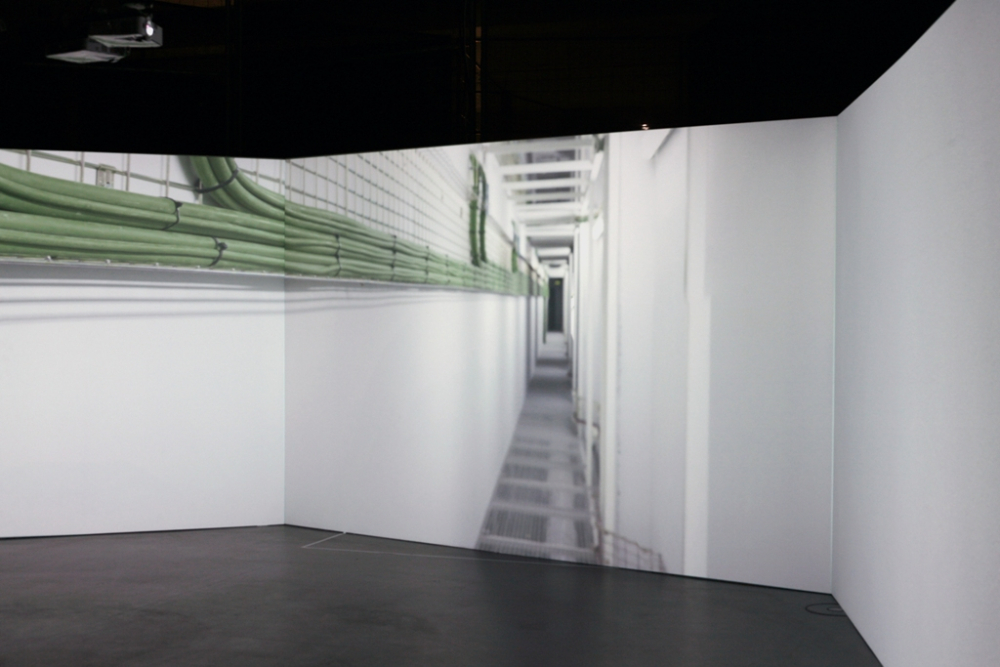
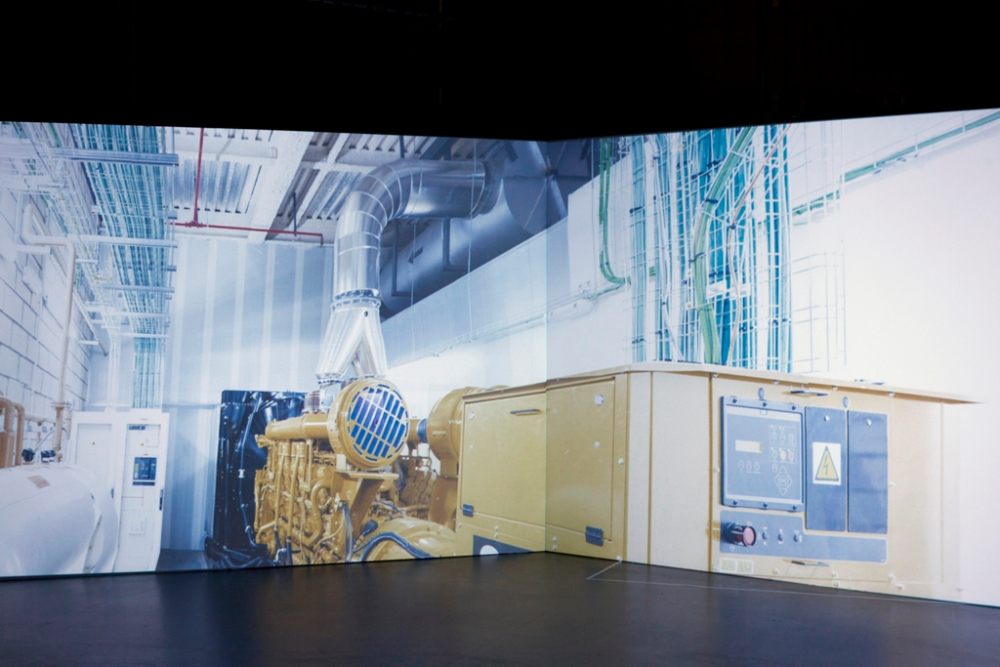
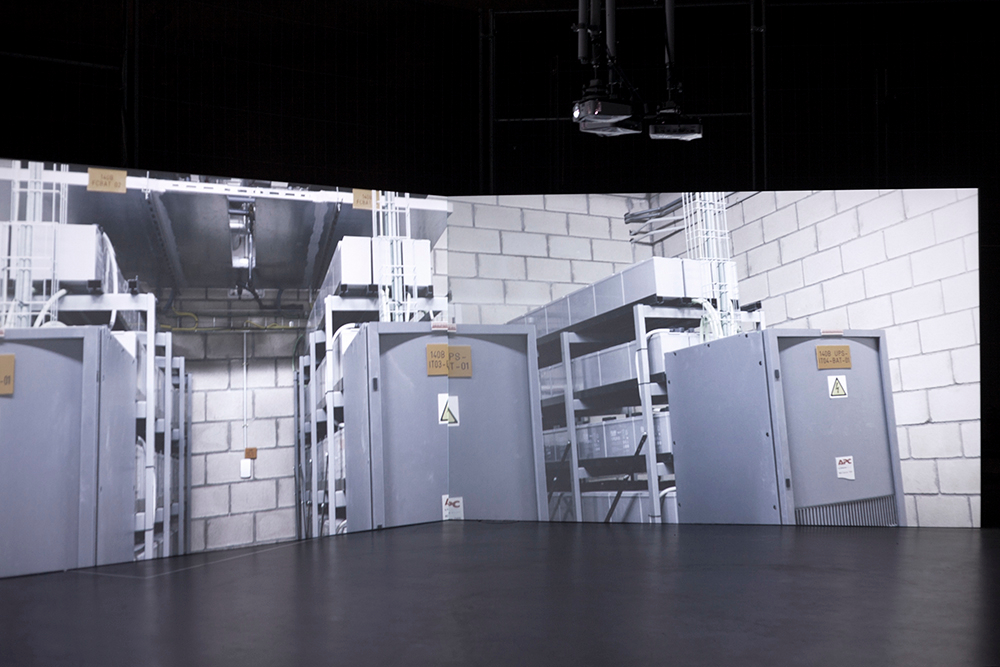
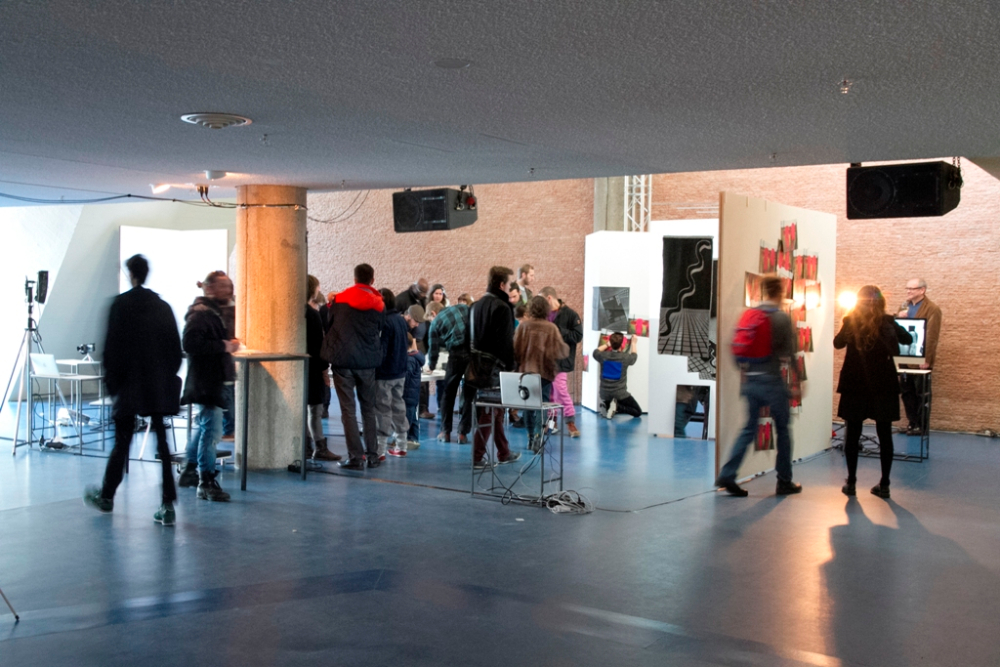
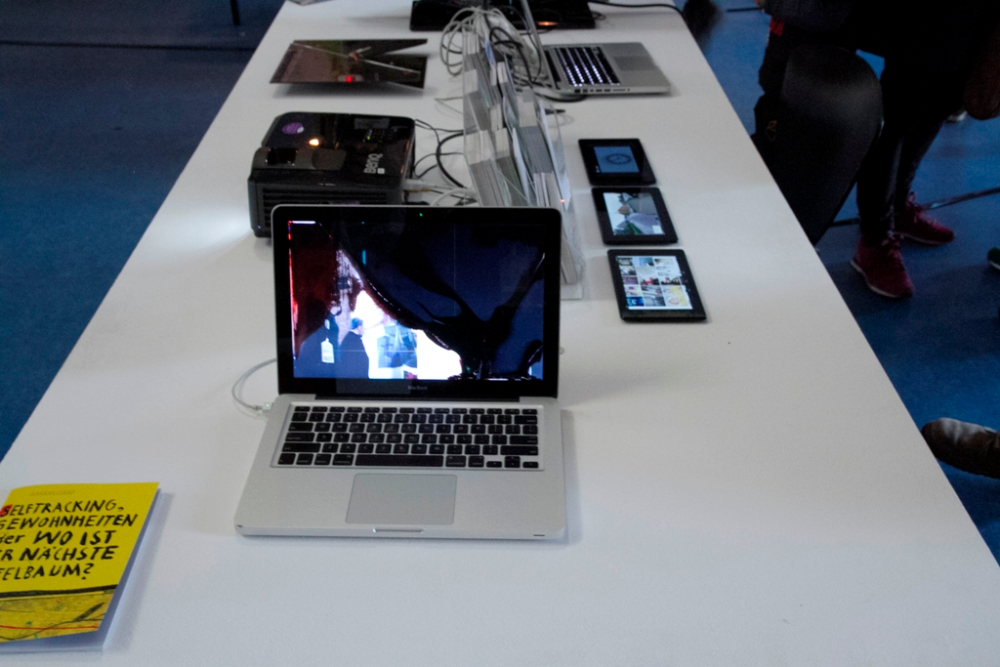
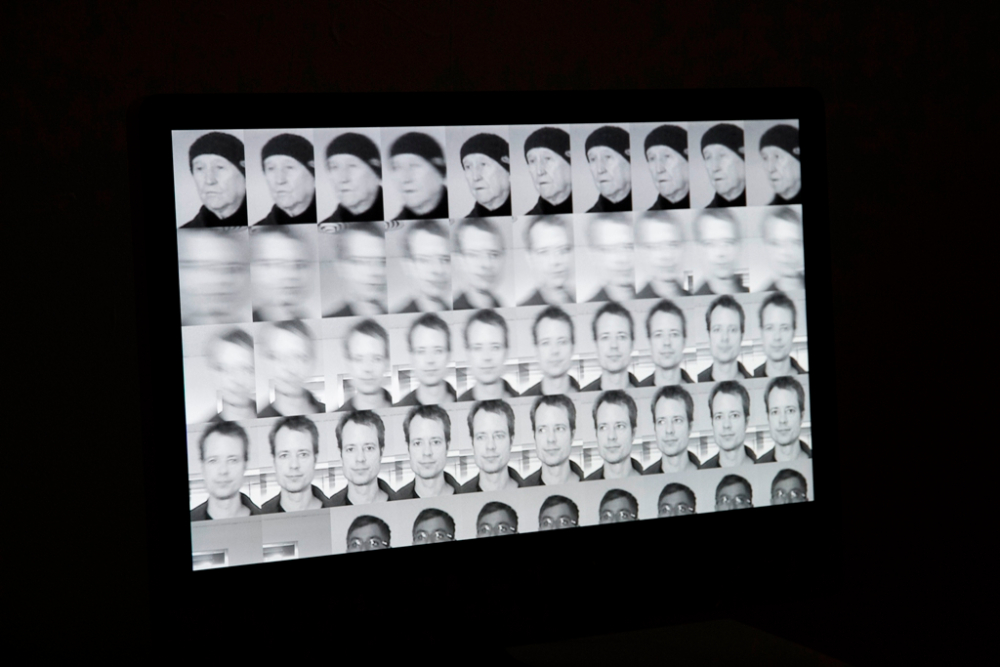
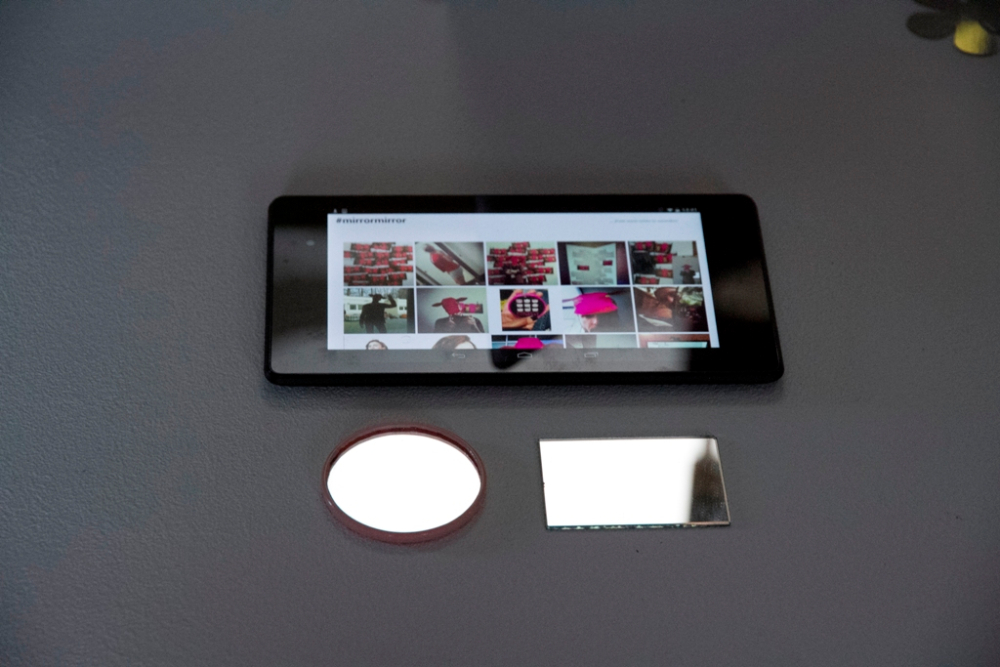
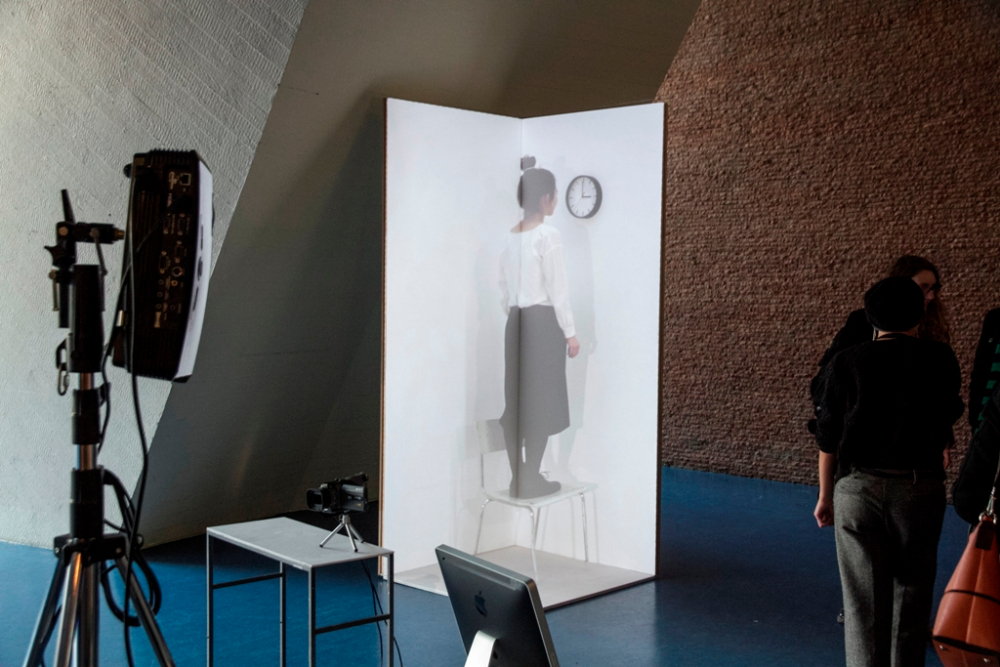
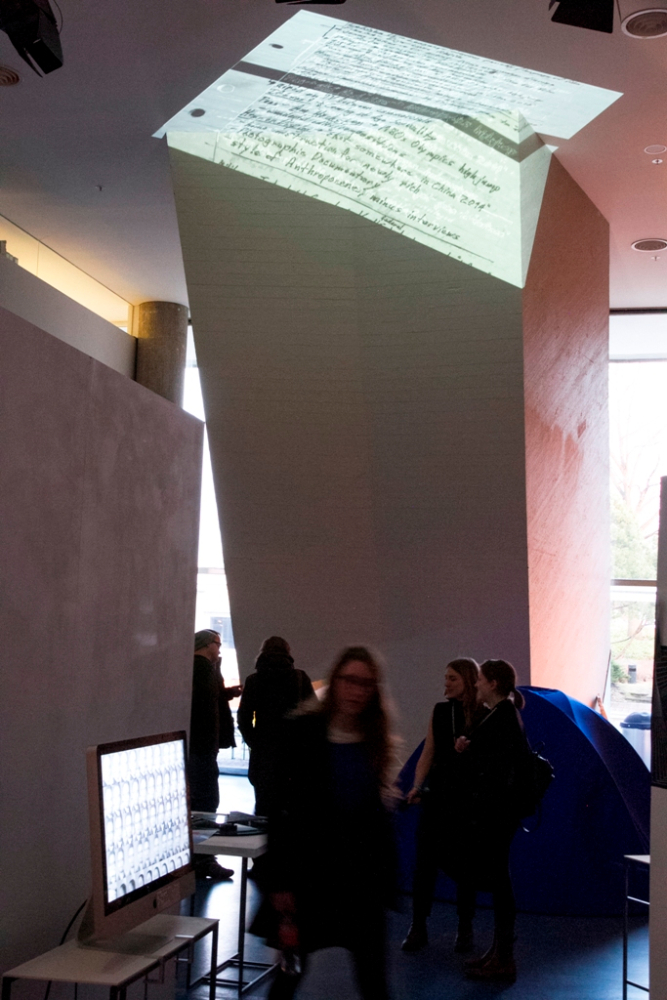
Photographs by Dovilė Aleksaitė, Viltė Bražiūnaitė
Ben Williamson (2015) Algorithmic skin: health-tracking technologies, personal analytics and the biopedagogies of digitized health and physical education, Sport, Education and Society, 20:1, 133-151 http://www.richard-hall.org/2015/02/06/reflections-on-the-post-digital/

